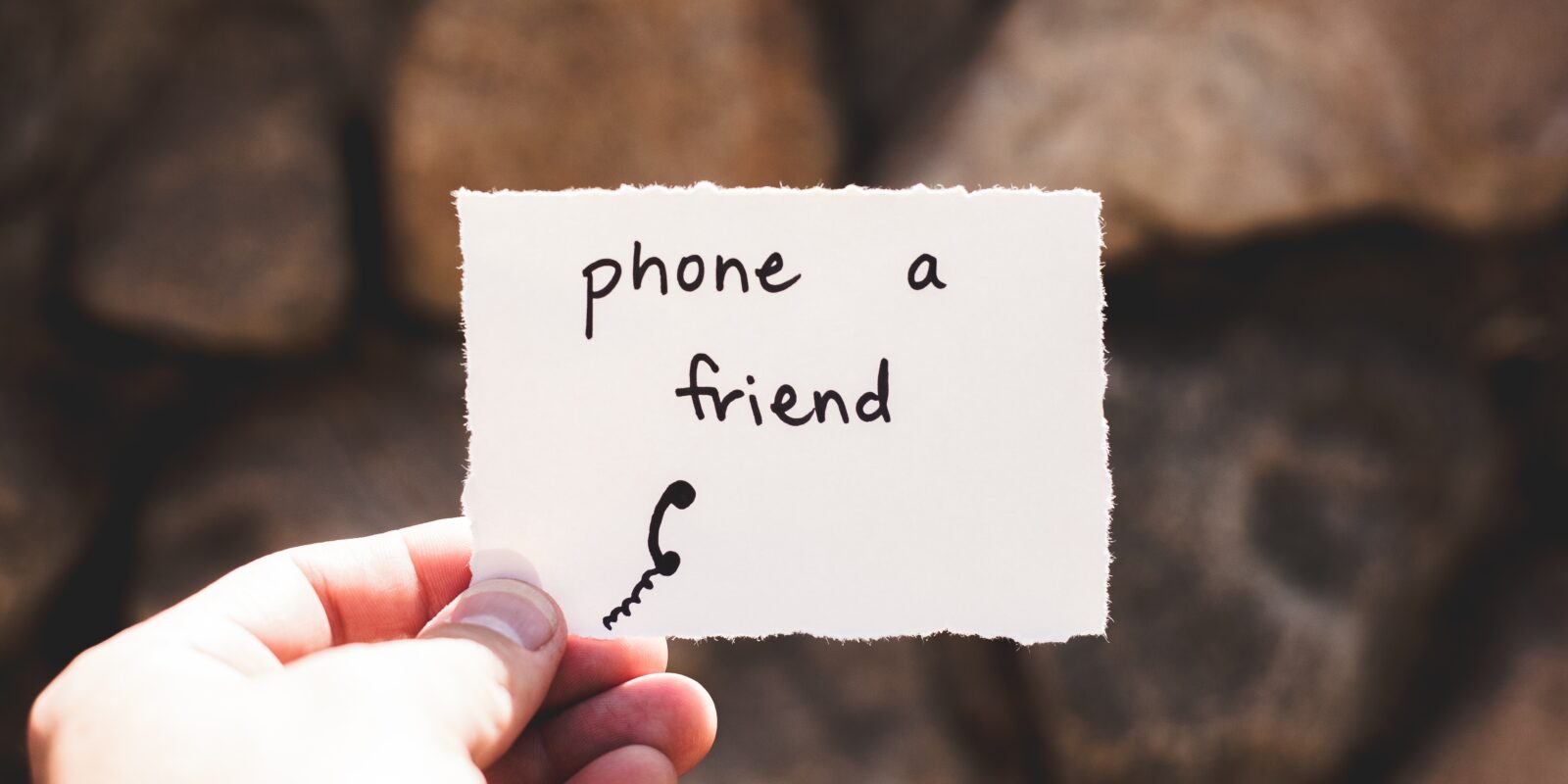To learn which questions are unanswerable,
and not to answer them:
this skill is most needful in times of stress and darkness.
Ursula K. Le Guin
Everyone is struggling.
We have reached March… again. For many of us, we have been stuck indoors for most of the past year. While the number of active cases and hospitalizations are declining, and vaccines are becoming increasingly available, we are still not completely out of the woods, yet. Many will continue to work from home, and some will face intermittent quarantines because of exposure, or children may return from school. Whether we work from home, are recovering from an illness or surgery, or for any other reason, if we are stuck at home for prolonged periods, we may find ourselves feeling stressed and depressed.
The world will probably be a little different whenever we reach the other side of this plague. . As we move further into Pandemic Fatigue, now is an excellent time to build or renew habits that will help us persevere.
There are many things we can do to help reduce our level of stress, uplift our mood, and increase our productivity on tasks that really matter. Below are a few ideas on ways to maintain our sanity until we hear the “all clear.” Work through the list, and try the activities one by one until you find your sweet spot.
- Get some exercise. People who exercise regularly are less likely to experience anxiety than those who don’t. Exercise releases feel-good endorphins, can improve your quality of sleep, and can help boost your confidence. And, it does not have to be a gut-wrenching experience to achieve these things. Start slow, start small, start at home with what you already have.
- Light scented candles. Certain scents can help reduce feelings of stress and anxiety. Lavender, sandalwood, ylang-ylang, and geranium have all been shown to offer these benefits. You can Google others if these don’t appeal to you.
- Reduce your caffeine intake. Caffeine is a stimulant found in coffee, some teas, and energy drinks. It can also cause anxiety in high doses. If you experience symptoms such as jitteriness or anxiety, consider cutting on your intake.
- Chew gum. When you chew gum, you will experience greater blood flow to your brain. Doing this can cause brain waves to occur that are similar to those experienced by relaxed people.
- Family and friends. Our family and friends can offer us support in times of need, so it is important that we keep them close to us. Spending time with friends can help release oxytocin, which helps to relieve stress. Call them on the phone or video-chat on a regular basis. If you can’t remember easily, make a schedule together to check in on each other.
- Laugh. Spending some time out of your day to laugh helps relieve stress. It helps to relieve tension by relaxing your muscles and can also strengthen your immune system and uplift your mood.
- “No” is a complete sentence. Often we will find ourselves stressed because we take on too many responsibilities and obligations. It is important to be more selective about what we agree to do.
- Stop procrastinating. If we put off doing important tasks, we sometimes find ourselves getting more stressed and having to rush around to complete tasks before their deadlines hit. Instead of trying to multitask, make a list of your tasks and do them in order of importance. This will reduce stress and enjoy greater productivity. There are some people who function well in this environment; but not most of us.
- Practice mindfulness. Whether you take a yoga class or try some self-meditation, if you practice mindfulness and focus on the present moment rather than the past or future, you will see a reduction in anxiety.
- Listen to relaxing music. Certain types of music can lower your blood pressure and heart rate and may help to reduce stress hormones too. Slow-paced instrumental music works well, but classical, Celtic, Native American, and Indian music can also be soothing. But, sometimes you need to dance. Mix things up and see what moves you, and what works to elevate your mood and decrease the feelings of stress.
- Practice deep breathing. Deep breathing’s goal is to slow your breathing and make it deeper. This process delivers more oxygen to your body’s cells, relaxes your muscles, slows your heart rate, and leaves you feeling more peaceful and relaxed.
- Spend time with your pet. When you interact with a pet, your body releases oxytocin, a chemical that uplifts your mood. Plus, having a pet will give you a different sense of purpose, help to keep you active, and provide you with companionship – which all can reduce stress.
While stress can easily occur while we are stuck at home, there are many methods we can use to address it.
Make a habit of practicing these strategies, or find new ones on your own, whenever you feel stressed. And soon you will have an entire arsenal of tools you can use to overcome stress just as easily as it arises.




